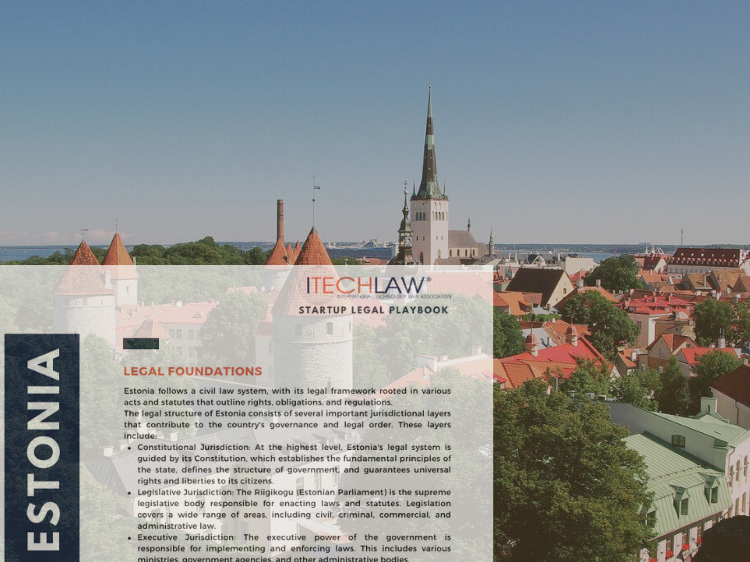
On May 19, the Estonian Supreme Court concluded in a recent ruling that shareholders of a company may stipulate in the articles of association that profits are distributed differently than prescribed by the Commercial Code. This right includes the ability to set sufficiently defined rules in the articles of association that differ from the law regarding dividend payments, as well as the right to leave the decision on dividend payments to the shareholders each time, without specifying a rule in the articles of association that differs from § 157 (2) of the Commercial Code. Such flexibility can be useful in companies where shareholders contribute to the success of the joint business to a quantifiable extent, but at the same time, the size of the contribution may vary over the years.
What to consider when establishing a different profit distribution rule:
Flexibility of the articles of association
Shareholders can establish a dividend payment rule in the articles of association that differs from the law, provided that it is sufficiently defined. Additionally, the articles of association may allow the decision on dividend payments to be made by the shareholders each time, without specifying a concrete rule.
Sufficient definition of the rule
The rule for distributing dividends must be sufficiently defined. Shareholders must understand how the rule will affect their rights to profit distribution when voting on the adoption of the articles of association. This means that shareholders must be aware of how the new rule will impact their share of the profit.
Voting
Deviating from the dividend payment rule set out in the Commercial Code is only permissible if the majority requirement prescribed by law is met. Furthermore, if the new rule established by the articles of association results in a shareholder receiving less dividend compared to the statutory profit distribution rule, it is crucial that the decision is supported by the votes of all shareholders whose rights are restricted compared to the statutory dividend payment rule.
Adherence to the principle of equal treatment
When voting on the decision, it is important to consider how the relevant shareholder voted. If it turns out that the shareholder did not vote in favor of the contested decision, their rights have been restricted compared to the rules set out in the law. In such a case, this constitutes a violation of the principle of equal treatment of shareholders, providing grounds for declaring the decision invalid.
Contact me and learn more

Jaanus Mägi
Managing Partner
Capital Markets, Commercial, Corporate and M&A, EU and Competition, Foreign Direct Investment (FDI), Marketing Law, Media, Sports and Entertainment, Retail and consumers, Technology
Send me an email +372 670 8401 +372 501 2120









